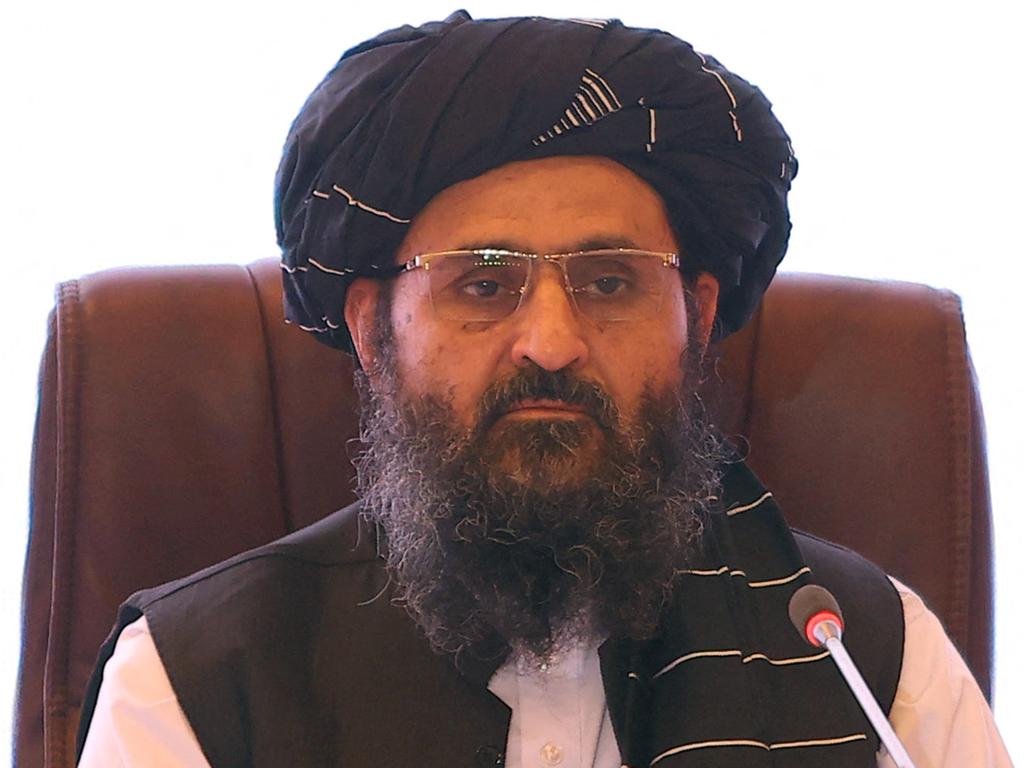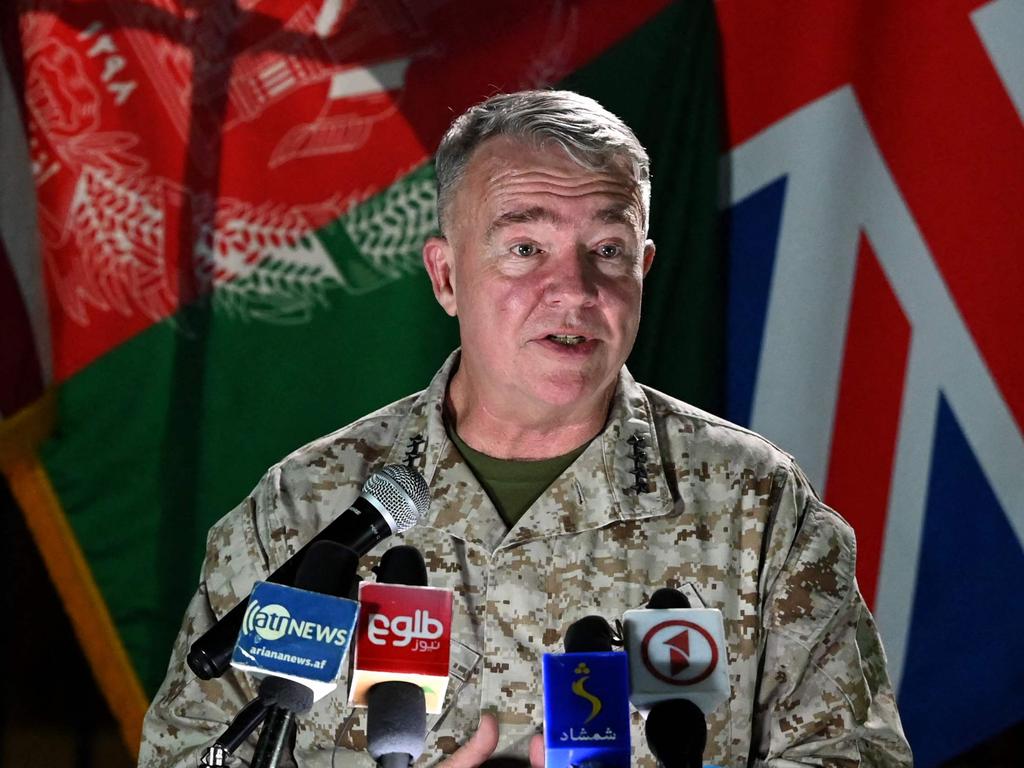The US will lose credibility over its Afghan withdrawal


The debate over the US withdrawal from Afghanistan has contained elements of both.
Washington foreign policy hawks argued that US credibility would be damaged by the abandonment of the Afghan government to fight the Taliban on its own and that the lives lost, with 2448 US personnel killed, and money spent in a military campaign that has lasted two decades were justification enough for staying. Neither argument should be seen as compelling on its own.
Nations need to make cold and unsentimental decisions about national interests all the time. Their overseas commitments, especially military commitments, need to reflect current-day priorities and challenges, not those of yesteryear.
US President Joe Biden gets all this. He is a foreign policy realist in the Democrat tradition. Part of the purpose of his withdrawal from Afghanistan is to refocus US efforts on what he sees as the main game: growing strategic competition with China.
Biden has made a strong start in repairing some of the reckless damage Donald Trump did to the US alliance system, the cornerstone of US global reach. He has begun reinvesting in the multilateral system which, for all its imperfections, provides the indispensable framework for the past 70 years of peace and prosperity.
He has taken the US back into the Paris Agreement and is leading rather than shirking diplomacy for one of the biggest global challenges of our era, climate change. He also has maintained the better parts of Trump’s foreign policy, including a more muscular approach towards those countries that seek to undermine global order, such as China and Iran.
Mercifully, he lacks Trump’s infatuation with strongman autocrats, from Xi Jinping to Vladimir Putin and Kim Jong-un, that was such an unpredictable and unsettling feature of the Trump doctrine.
Generally speaking, Biden’s national security approach since assuming office has been sound, predictable and with an orderly focus on priorities. That is a sentiment we can get behind in Australia. We want the US focused and fully engaged in the Indo-Pacific. Yet despite this strong start, a precipitate withdrawal from Afghanistan risks being Biden’s first major foreign policy mistake.
It may be that the Taliban does not overrun Afghanistan. But the signs do not look positive. Almost half of Afghanistan’s 419 districts are in the hands of the Taliban, as are key border checkpoints. The morale of the Afghan national forces and government is low.
Biden concedes that the Taliban is at its strongest militarily since 2001. His most senior general, Mark Milley, has been reduced to saying a Taliban takeover is “not a foregone conclusion”. If the Taliban were to prevail in Afghanistan, it would be an immense tragedy for the people of that country and a terrifying prospect for the many thousands of Afghans who have helped coalition forces during the past two decades.
But its strategic reverberations will be felt much more widely. Russia and China are already moving in, investing in their relationships with the Taliban and positioning themselves for a takeover. The message it sends to US allies and security partners is chilling. If the US can tear up a two-decade security partnership overnight and coldly abandon an ally of two decades to its fate, then US security assurances begin to trade at a discount.
Every country that relies on a US security partnership or formal guarantee will have to factor this in. And US adversaries will do likewise in their own calculations.
This is why credibility is such an important asset and why it should not be sacrificed lightly. Putin gets this. His willingness to come to the aid of vulnerable partners in their hour of need – be it Bashar al-Assad in Syria, Alexander Lukashenko in Belarus, Recep Tayyip Erdogan in Turkey or the Tatmadaw in Myanmar – has bought him outsized influence over these countries and their leaders.
US involvement in Afghanistan had been unfairly maligned as a “forever war”. But no US serviceman has been killed in Afghanistan in 17 months. The US and NATO troop presence in Afghanistan was no longer engaged in direct combat.
Its ongoing presence provided critical strategic, moral and diplomatic support to the Afghan government and military and, in the scale of US commitments abroad, was buying security and presence on the cheap.
Around the world – from Japan to Germany, South Korea to the Sinai Peninsula – the US has seen the value in maintaining a strategic military presence to stabilise a situation, often over decades.
The US provides more than $US6bn ($8.1bn) in aid every year to Egypt, Jordan and Israel, all in the cause of keeping the peace and maintaining its influence in the Middle East.
When Islamic State started running rampant through Iraq and Syria, Barack Obama eventually was persuaded to return the US military to rescue the Iraqi government and stop Islamic State’s advance.
Biden should be prepared to do the same in Afghanistan. Letting the country fall to the Taliban would weaken US credibility as Biden is seeking to rebuild it.
Dave Sharma is the federal member for Wentworth and a former ambassador to Israel.







Credibility is a slippery concept in statecraft. Frequently cited yet poorly understood, it can be used to justify all manner of poor policy choices. It is a close companion of the sunk-cost fallacy, where the continuation of a policy is justified not by its prospects of future success but by reference to all that has been spent in supporting it to date.